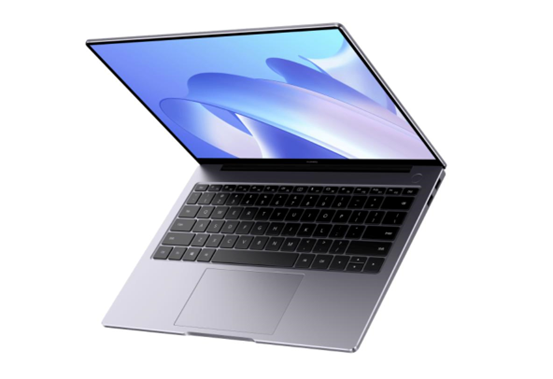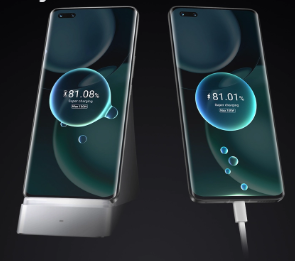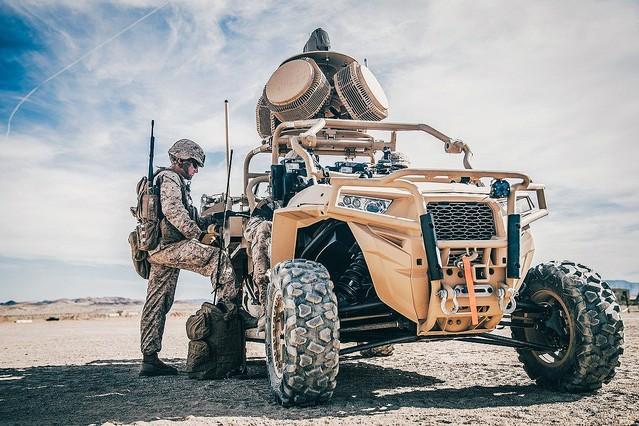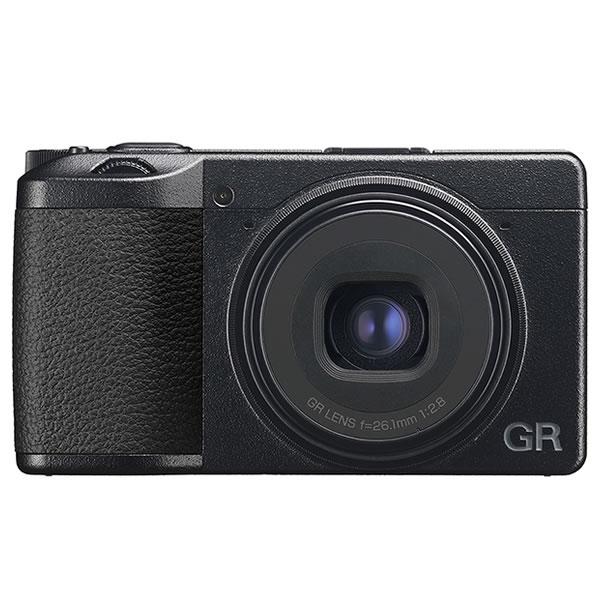U.S. startup Tortoise partners with major retailer to commercialize remote-controlled delivery robots
March 11, 2021, US startup Tortoise has partnered with Albertsons Companies, a major North American supermarket chain, to launch a pilot program utilizing remote-controlled delivery robots. announced to date.
Delivery robots continue to gain attention due to the spread of the new coronavirus. In this article, we have summarized the efforts toward the last mile utilizing autonomous driving technology in the United States, including Tortoise's efforts.
Article table of contents
■Overview of Tortoise
For the last mile Developing solutions
Tortoise is a startup founded in 2019 and based in Silicon Valley that develops technology to solve the last mile problem in micromobility sharing services and logistics.
David Graham, who was involved in technology development at Lyft and Microsoft, and Dmitry Shevelenko, who was in charge of mobility strategy at Uber, are among the co-founders.
In the mobile service field, we provide autonomous driving technology and remote control technology for micro-mobility sharing service providers such as electric scooters and kickboards.
Share services such as electric scooters that can be dropped off need to gather vehicles on a daily or regular basis for charging, maintenance, and proper placement at stations. This can save a lot of effort.
The official website does not mention detailed technologies and services, but according to various media, it seems that remote operation is possible by attaching cameras and auxiliary wheels for autonomous driving to existing mobility. For the time being, the mobility will be operated by pure remote control, but it seems that it will gradually increase the proportion of autonomy.
Remote operation of delivery carts from Mexico
A partnership with Albertsons Companies applies this technology to last-mile deliveries. It is an effort to develop a cart the size of an electric wheelchair and perform contactless delivery by remote control.
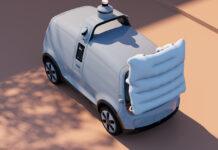
The cart has a maximum speed of 7 miles per hour and can carry up to 150 pounds in four containers.
The demonstration will deliver up to 120 pounds (about 54 kilograms) of groceries and other items. When a store receives an order from a customer and transmits the delivery address and cart number to Tortoise, a remote operator remotely steers the cart along sidewalks and roadsides. When the orderer receives the package, the operator remotely returns the cart to the store.
The pilot program with Albertsons Companies, which started in some areas of Northern California, will initially be accompanied by staff.
The details of the remote control technology have not been disclosed, but unlike automatic driving, the operator operates each car one by one, so it seems to be like an "advanced radio control", and there is a question mark on the cost reduction effect. By the way, the company says it can save $6 per order for deliveries within two miles of its store by operating remotely from Mexico, where labor costs are cheaper.
Although there is a high possibility that this will also gradually be equipped with autonomous driving functions, the company emphasizes safety and early social implementation, and instead of relying on self-driving, remote-operated delivery robots are used for contactless delivery. It seems that there is a plan to realize
■Delivery Robot Efforts in the United States
Starship Technologies: Number of deliveries surpasses 1 million, partnering with Save Mart
Starship Technologies, a world leader in the field of delivery robots ( Starship Technologies) announced in January 2021 that the cumulative number of deliveries since its founding (2014) has reached 1 million. The achievement of 500,000 times is around the fall of 2020, and it seems that the performance has improved significantly in the past few months.
We are expanding the area mainly at universities such as Arizona State University, the University of Mississippi, the University of California, Irvine, Los Angeles, and Oregon State University, and are currently delivering in 15 to 20 areas.
University of California, Los Angeles offers delivery from pizza and restaurants like Blaze Pizza, Bruin Buzz, Lu Valle and SouthernLights. Targeting young people who have little resistance to cutting-edge technology, the strategy of developing services within a vast campus that is less subject to restrictions such as the Road Traffic Act seems to be a big hit.
In September 2020, it partnered with supermarket Save Mart to launch an on-demand grocery delivery service at its flagship store in California. Up to 20 pounds (about 9 kilograms) of groceries can be delivered up to 4 miles (about 6.4 kilometers) round trip.
[Reference] As a related article, see "Introduction of automated driving from university campuses! Plan to introduce 100 universities in the United States".
Nuro: Acquisition of commercial license, full-scale deployment of services
Nuro, which develops an autonomous driving-type delivery robot that runs on lanes, joined Kroger, a major supermarket in 2018, and Domino's Pizza in 2019. , Walmart, and CVSPharmacy in 2020, respectively, and are proceeding with practical demonstrations.
In December 2020, the company announced that it had obtained approval from the California Department of Motor Vehicles (DMV) for the commercial deployment of self-driving vehicles. We plan to develop services with partner companies using modified Prius vehicles and the original vehicle "R2" developed in-house.
[Reference] See also "Commercial delivery by self-driving car, US Nuro gets approval for the first time in California!"
Robby Technologies: Partners with PepsiCo to provide services on campus
Robby Technologies, which was founded in 2016, will also partner with PepsiCo, a snack and beverage company, by January 2019 to establish a Pacific We have started a service to deliver drinks and other items at universities.
Using the delivery robot "Snackbot", which is an improved version of "Robby2" developed in-house, we deliver to more than 50 areas on campus.
Udelv: Partnership with Walmart, etc. Demonstration of a delivery robot that modifies a passenger car
Udelv, which operates an autonomous delivery service that improves passenger cars, partnered with Draeger's Market and Walmart in 2018, and with the supermarket chain H-E-B Grocery Company in 2019, demonstrating product delivery in states such as Arizona and Texas. It is carried out.
■[Summary] The United States is entering the field of delivery robots one after another
In addition to the above, major e-commerce giant Amazon uses “Amazon Scout,” which it developed in-house, and logistics giant FedEx uses “Roxo.” We are working on the delivery verification that we did. The two companies also appear to be moving toward national legalization of such delivery robots.
In addition to this, robotaxi development companies such as Eliport and Kiwibot, which are developing small types, Refraction AI, which is developing medium-sized types such as Nuro, and Pony.ai for passenger car models, are also conducting demonstrations. The number of players continues to grow.
Delivery robots have become a focus of attention with the new corona, but if the convenience is widely recognized, areas and companies that try to introduce them are likely to increase.
[Reference] As a related article, "Rakuten's Mr. Mikitani is aiming for a "super dollar box business"! Self-driving robot delivery, demonstration experiments one after another"See also.

